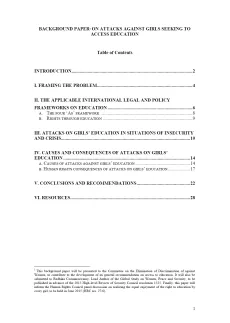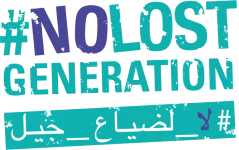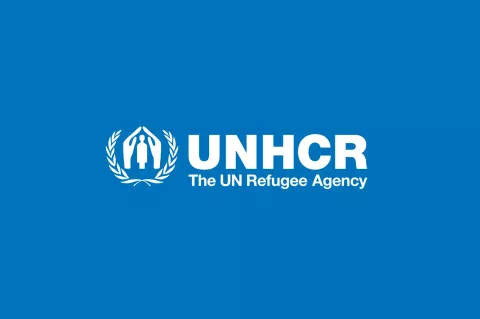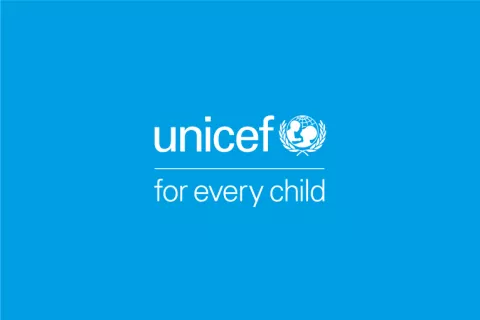Background paper on attacks against girls seeking to access education
OHCHR
Highlights
The right to education has been acknowledged in international law and policy as a ‘multiplier right’, that when fully realized, enables right-holders to access a wide range of human rights. The focus of international attention on girls’ education recognizes its catalytic role in promoting substantive equality between men and women and as a means to improve health, economic, political, cultural and social development outcomes throughout the world.
In practice, however, there are numerous obstacles to the realisation of the right to education globally. While some of these barriers apply to both boys and girls, there are specific hurdles that girls must overcome in many contexts in order to equally enjoy their human rights to, within and through education.
This report begins by examining some of the explicit and implicit causes of attacks on girls’ education during peacetime and in situations of crisis, including settings of armed conflict, political instability and widespread criminal violence. It looks at the impact of attacks against girls accessing education on their rights to and within educational systems as well as the broader consequences of these attacks on the promotion and protection of human rights through education by focusing on the linkages between education and a host of other civil, political, economic, social and cultural rights. The applicable international legal and policy framework is then outlined and the situation of girls accessing education within settings of crisis, political instability and conflict is analysed in greater detail. The final section of the report provides several recommendations to States and other stakeholders aimed at preventing and redressing violations of girls’ rights to, within and through education.



